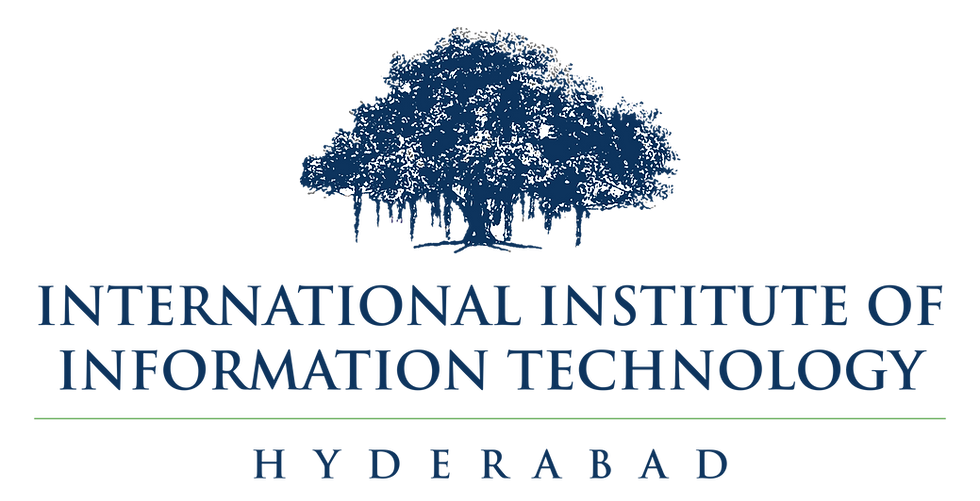Winning Startups/Teams will get a paid POC opportunity in the smart campus at IIIT-H.
Smart City Living Lab at IIITH is launching “Back to campus Tech challenge”, a unique platform for the private and public sector to discover digital capabilities to help campuses stay nimble during trying times.
With vaccinations and a general easing of the pandemic, people, employees and students will soon return back to campuses. Smart City Living Lab at IIITH launched “Back to campus startup challenge”, a unique platform for the private and public sector to discover digital capabilities to help campuses stay nimble during trying times. This back-to-campus safety & security technologies challenge is envisioned to scout for those innovations and to bring the private and public sector together with research facilities to work on the post covid challenges.

“ In these post covid times, giving students the confidence to come back to campus is critical. Thus, deploying solutions which ensure a safe and secure environment and demonstrating their efficiency in a live campus would be the right approach. This challenge aims to give participants a platform to ideate, build and test their solutions”, says Anuradha Vattem, Lead Architect - Smart City Living Lab.
The focus areas for the challenge are but not limited to testing and screening for people on campus, automatic cleaning and sanitation, crowd control/monitoring (people, vehicles, queue/ social distancing), remote temperature/health monitoring, air quality to prevent infection(mitigation of covid aerosols on campuses), social distancing and contactless solutions for commerce. Startups/teams working on the above-mentioned areas in the post prototype stage can apply. Startups meeting the above criteria may apply here: https://smartcityresearch.iiit.ac.in/challenge03.html before 3 November 2021.

The Smart City Living Lab commenced operations in Dec 2020. The Smart Campus setup along with the data lake for live sensors data is underway. Lab has been organising multiple roundtables and innovation challenges in the areas of water quality & quantity measurement, smart city/building solutions, post pandemic solutions etc. in association with smart cities, govts and corporate partners. Startups identified during the challenges and the problem statements identified during the roundtables are being incubated and supported through the Living Lab to develop/improve solutions and get access to markets.
Smart City Living Lab, an open-innovation ecosystem has been set up at IIITH,with support from MEITY (Government of India), Smart City Mission and Government of Telangana and the corporate founding partners like Silicon Labs & Intel. In IIITH, the campus is being transformed into a platform for learning, research, experimentation and for showcasing new ideas and approaches through the concept of Smart City Living Lab. By connecting startups with those searching for smart city solutions, the program will amplify the transformation of city infrastructure.
About Smart City Living Labs: The Smart City Research Center is set up with support from MEITY (Government of India), Smart City Mission and Government of Telangana at IIITH. The research center includes a Living Lab, that is a setup with support from EBTC and Amsterdam Innovation Arena. The Building on the Smart Campus @ IIITH Smart City Research Center is based on the following Objectives: There is a huge push for smart cities in India under the Smart Cities Mission, a new initiative by the Government of India to drive economic growth and improve the quality of life of people by enabling local development and harnessing technology to create smart outcomes for citizens. In this ambitious project, 100 cities are being covered for the duration of 5 years with a budget of Rs.100 crore per city per year. The goal of the Living Lab plan is to create an urban area enhancing three value domains: social, economic and environmental. Thus developed Living Lab shall enable the following:
1) Get expertise in IoT for Smart Cities related research and deployment
2) Generate data for research
3) Creation of a viable innovation and demand-driven ecosystem in universities.
4) Provide a test bench for IoT based Smart City implementations to start-ups as well as big companies

Comments